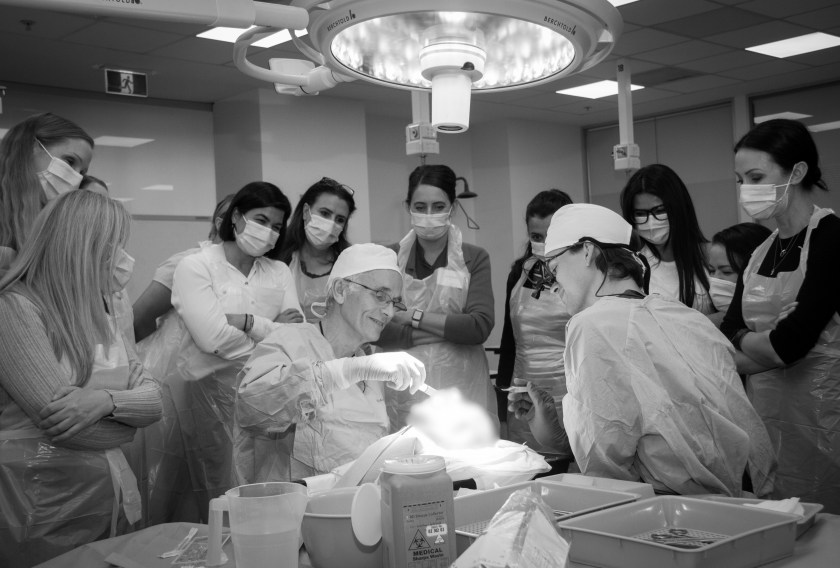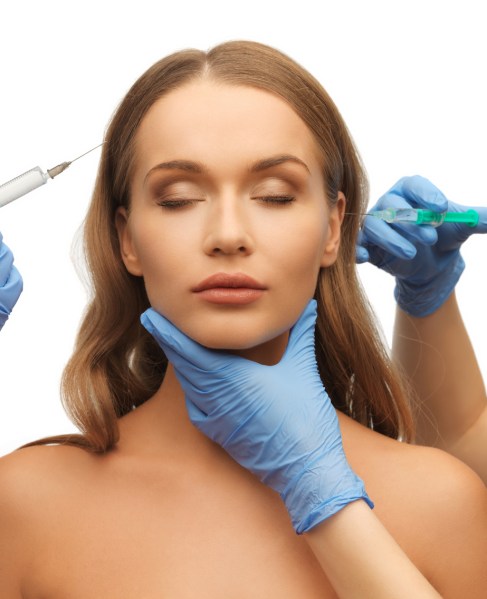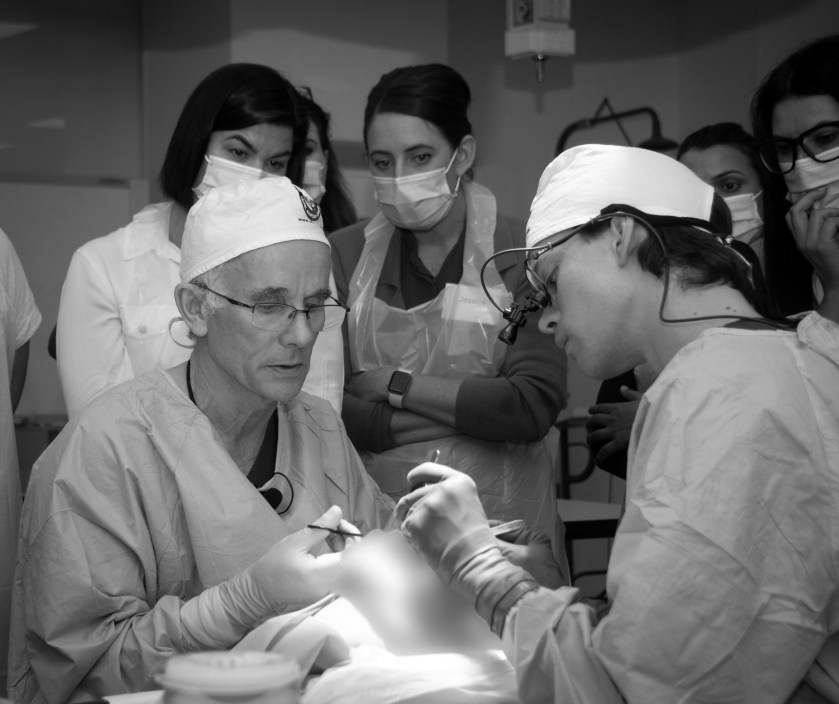Exploring the transformative world of cadaver workshops for cosmetic injectors.
Medical aesthetics is an art that requires an intimate understanding of facial anatomy, safe injecting practices, and a keen eye for detail with an artistic flair. At the heart of this, is a profound appreciation for the ethical considerations surrounding the invaluable contribution of those who have chosen to donate their bodies for medical education and research.
In response to the need for further developments in aesthetic education, CPD Institute of Australia recognises medical professionals – specifically doctors, nurses and dentists – actively involved in cosmetic treatments aren’t always able to observe real-time complications or adverse events, nor deeply explore the anatomy of the head & neck.

Therefore, CPD Institute have designed an exclusive workshop of the enriching journey of anatomical exploration offered by the Institute, in collaboration with Dr Peter Callan and the Royal Australasian College of Surgeons (RACS).
We spoke to CPD Institute Founder and CEO Nicky Tzimas to find out the advantages of attending a cadaver workshop, and what is required in order to attend.
Why is an in-depth comprehension of facial anatomy paramount for cosmetic injectors?
Precision is non-negotiable
In our practice, precision is the cornerstone of success. An intimate understanding of facial anatomy is the compass that guides us to the exact points where intervention is needed, ensuring outcomes that are both precise and natural.
The sacred trust of safety
There is no room for compromise when it comes to safety. Proficiency in facial anatomy is our armour against unforeseen complications, safeguarding the well-being of our clients throughout every procedure. Witness what an adverse event looks like from ‘behind the scenes’.
Artistry with ethical responsibility
As cosmetic injectors, we are artists entrusted with a profound responsibility. Our canvas is the human face, and our medium is clinical expertise. The more we comprehend the underlying structure, the more we can enhance its unique features and truly understand the meaning of safe and ethical injecting.
What’s typically involved in a cadaver workshop?
In our cadaver workshops that we offer at CPD Institute, participants can expect a comprehensive and immersive experience. The workshop typically begins with an introduction to the ethics and importance of using cadavers for medical education and research. We emphasise the utmost respect and gratitude for the individuals who have generously donated their bodies for this purpose.
From there, the workshop delves into the practical aspects. You will spend the day with expert plastic surgeon, Dr Peter Callan and cosmetic aesthetic practitioners, learning a range of techniques to advance your injecting skills. This experience allows students to gain a deep understanding of facial anatomy, including high and low-risk regions.

We cover various aspects of safe injecting techniques, including the use of needles and cannulas, and provide guidance on how to inject in specific anatomical regions. There is also opportunity to witness what an adverse event looks like from ‘behind the scenes’.
What benefits does a cadaver workshop provide for Cosmetic Injectors?
A cadaver workshop offers numerous benefits to cosmetic injectors. First and foremost, it provides an unparalleled opportunity to enhance their knowledge and skills in a safe and controlled environment.
The workshops allow cosmetic injectors to explore human anatomy in detail. This deep understanding of facial structures, tissue layers, fat pads, retaining ligaments and blood vessels is invaluable for precise and safe injecting.
Learning from cadavers helps injectors understand potential complications and adverse events. This knowledge empowers them to minimise risks and respond effectively and immediately should any issues arise during live procedures.

Understanding the ethics behind cadaver research and donation cultivates a sense of responsibility and respect within the medical community. It highlights the importance of ethical practices in the field of medical aesthetics.
Pairing these educational experiences with other ethical tools in practice such as the CANSAT questionnaire, equip cosmetic practitioners with evidence-based skills to provide safe, successful and exceptional non-surgical procedures.
What level of training should you have before attending a cadaver workshop?
The level of training required before attending a cadaver workshop can vary, however, for our ‘Anatomical Exploration for Cosmetic Injectors: Cadaver Workshop,’ we recommend that participants have a foundational background in cosmetic injecting or related medical fields.
This means that attendees should ideally be licensed doctors or nurses with prior experience in medical aesthetics. They should have a basic understanding of cosmetic injecting techniques, hygiene practices, and a familiarity with the types of products commonly used in these procedures.
While the workshop is designed to enhance participants’ skills and knowledge, it is not typically intended for absolute beginners in the field. Having some prior exposure to cosmetic injecting will ensure that attendees can fully grasp the advanced concepts and techniques covered during the workshop, making the learning experience more beneficial for them.
Ultimately, the specific prerequisites for a cadaver workshop may vary, so it’s essential to check the workshop’s requirements before registering to ensure that you meet the necessary qualifications and can fully engage in the learning experience.
Attending a cadaver workshop also awards attendees with valuable CPD hours, contributing to their ongoing professional development.
Read the latest issue of SPA+CLINIC below:
There are 5 ways you can catch up with SPA+CLINIC
- Our quarterly print magazine, delivered to your door. Subscribe here.
- Our website, which is updated daily with its own completely unique content and breaking news.
- Our weekly newsletter – free to your inbox! Subscribe here.
- Our digital magazine – click here to view previous issues.
- Our social media – see daily updates on our Instagram, Facebook & Linkedin




